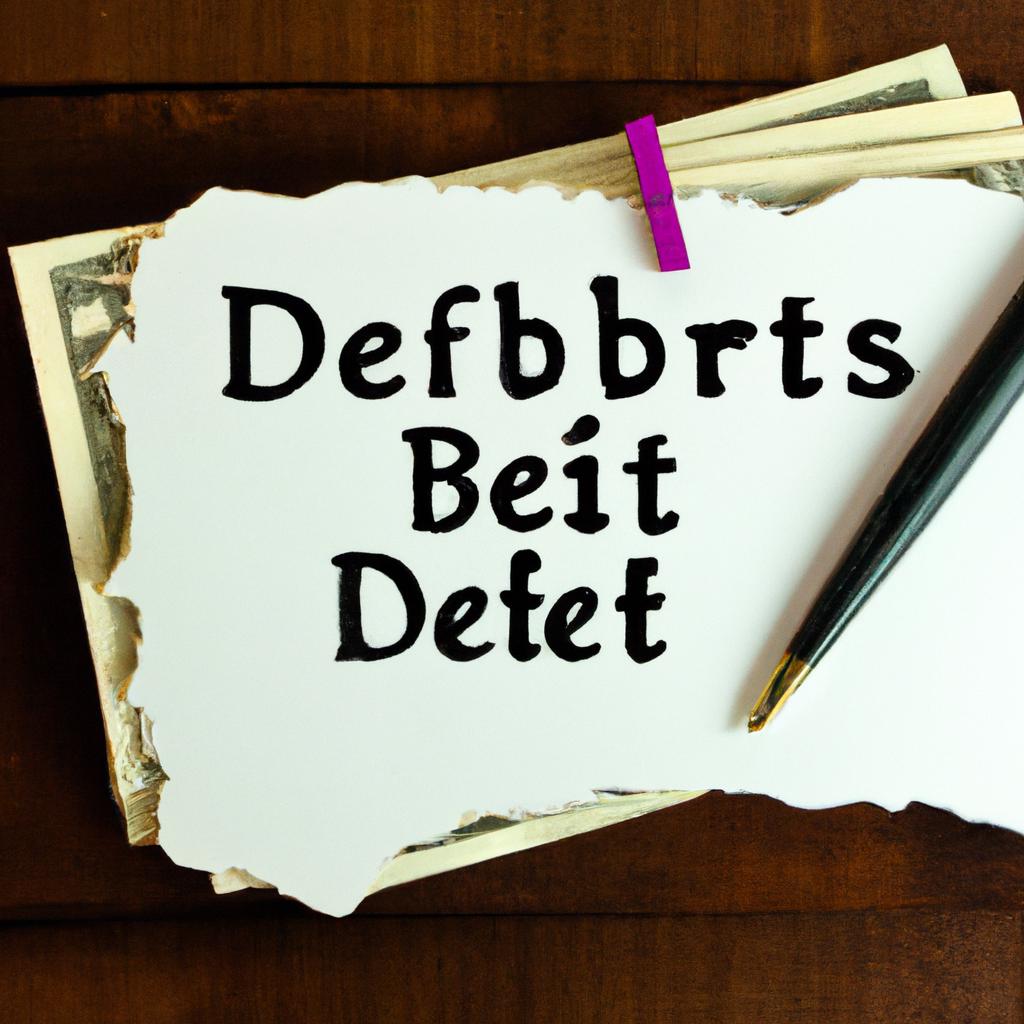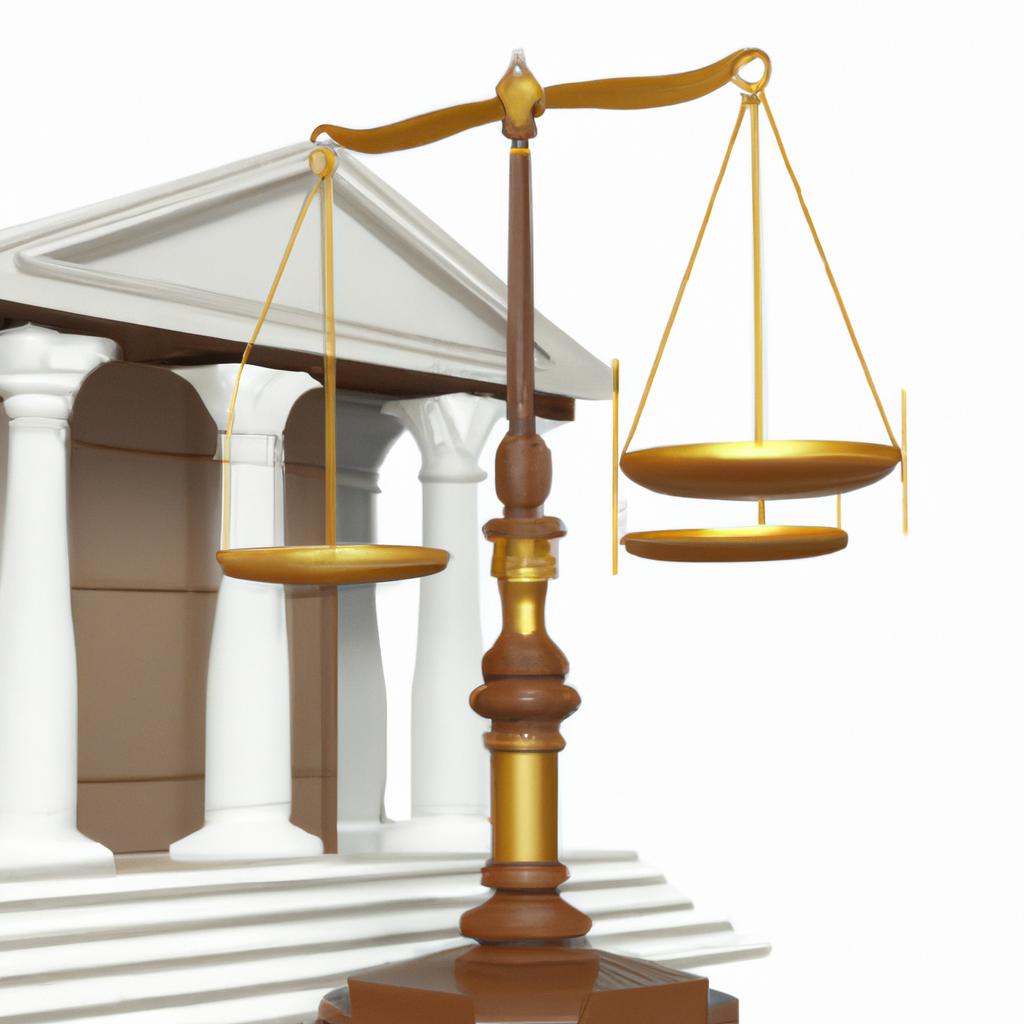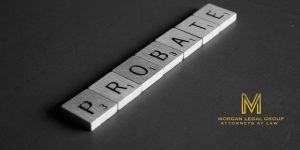As an experienced attorney specializing in estate planning, probate, elder law, Wills, and trusts, I often encounter clients eager to streamline the probate process. One common question that arises is: “What can I get rid of before probate?” Understanding what assets can be disposed of prior to probate can save time, effort, and potentially reduce estate taxes. In this article, we will explore the options available to clients seeking to simplify the probate process and effectively manage their assets.
Identifying Assets Not Subject to Probate
When it comes to estate planning, understanding which assets are not subject to probate can be crucial in ensuring a smooth and efficient distribution of your assets. By identifying these assets early on, you can save your loved ones time and money in the probate process. Here are some assets that typically do not go through probate:
- Joint Tenancy Property: Assets held in joint tenancy automatically pass to the surviving co-owner.
- Retirement Accounts: Assets in retirement accounts, such as 401(k)s and IRAs, typically have designated beneficiaries who will receive the funds directly.
- Life Insurance Policies: The proceeds from a life insurance policy are paid directly to the named beneficiaries.
| Asset | Probate or Not? |
|---|---|
| Joint Tenancy Property | No |
| Retirement Accounts | No |
| Life Insurance Policies | No |
By understanding which assets are exempt from probate, you can strategically plan your estate to minimize the hassle and expense of probate proceedings. Consult with an experienced estate planning attorney to help you identify and protect these assets, ensuring that your wishes are carried out efficiently and effectively.

Strategies for Transferring Assets Outside of Probate
When planning your estate, it is essential to consider to streamline the distribution process and minimize costs. One common method is to designate beneficiaries on certain accounts or assets, such as retirement accounts, life insurance policies, or payable-on-death (POD) or transfer-on-death (TOD) accounts. By doing so, these assets can pass directly to the named beneficiaries without going through probate.
Another effective strategy is to establish a living trust to hold assets during your lifetime and distribute them to beneficiaries upon your passing. Assets held in a trust are not subject to probate, allowing for a more efficient and private transfer of wealth. Additionally, jointly-owned property or assets with rights of survivorship can automatically transfer to the surviving owner without the need for probate.

Minimizing Debts and Expenses Before Probate
Before going through the probate process, it is essential to minimize debts and expenses as much as possible. This will help streamline the process and ensure that more of the estate goes to the rightful heirs. One way to do this is by identifying and getting rid of unnecessary expenses and debts. Some things that can be eliminated before probate include:
- Unused subscriptions and memberships: Cancel any subscriptions or memberships that are no longer needed.
- Unnecessary belongings: Sell or donate items that are no longer needed or valuable.
- Outstanding debts: Try to pay off any outstanding debts to lessen the financial burden on the estate.
| Expense | Amount |
|---|---|
| Cable subscription | $50/month |
| Gym membership | $30/month |
| Credit card debt | $5,000 |
By taking these steps to minimize debts and expenses before probate, you can help ensure a smoother and more efficient process. It is also important to consult with an experienced estate planning lawyer, such as Morgan Legal Group in New York City, to guide you through the probate process and help you make informed decisions about your estate.

Estate Planning Techniques to Avoid Probate Process
When planning your estate, it’s crucial to consider techniques that can help you avoid the probate process. Probate can be time-consuming, expensive, and public, so finding ways to bypass it can be beneficial for your loved ones. One effective method is to establish a living trust. By transferring your assets into a trust, you can ensure that they pass directly to your beneficiaries upon your passing, without the need for probate. Additionally, joint ownership with rights of survivorship can also help avoid probate, as the property automatically transfers to the surviving owner.
Another technique to consider is designating beneficiaries on your accounts and insurance policies. By naming beneficiaries, these assets can bypass probate and go directly to the designated recipient. It’s important to regularly review and update these beneficiaries to ensure they align with your current wishes. Overall, by incorporating these techniques into your estate planning strategy, you can help streamline the process for your loved ones and potentially reduce the burden of probate.
Q&A
Q: What can I get rid of before probate?
A: There are certain assets that can be disposed of before probate. These may include joint accounts with rights of survivorship, assets held in a living trust, and assets with designated beneficiaries such as life insurance policies or retirement accounts.
Q: Can I sell a deceased person’s property before probate?
A: It is not recommended to sell a deceased person’s property before probate as it can complicate the probate process. It is best to wait until the estate has been settled and distributed by the court.
Q: What about debts and creditors?
A: Debts and creditors should be settled during the probate process. It is important to notify creditors of the deceased person’s passing and work with them to resolve any outstanding debts.
Q: Can I give away personal belongings before probate?
A: It is generally not advised to give away personal belongings before probate as they may be considered part of the deceased person’s estate. It is best to wait until the probate process is complete before distributing personal belongings.
Wrapping Up
As you navigate the complex process of probate, remember that there are items you can get rid of before the proceedings begin. By minimizing clutter and organizing your assets, you can streamline the probate process and make it easier for your loved ones. Remember to consult with an estate planning attorney or financial advisor for guidance on what you can and cannot dispose of before probate. With careful planning and attention to detail, you can ensure a smoother probate experience for all involved.












